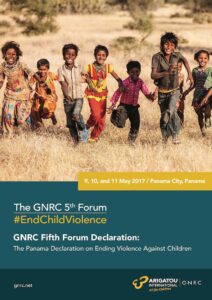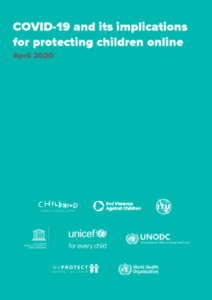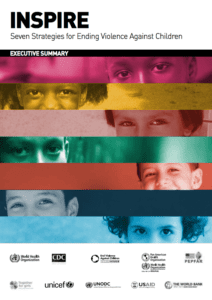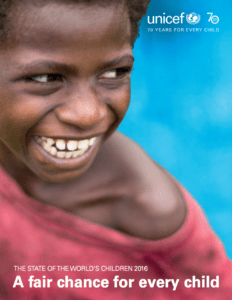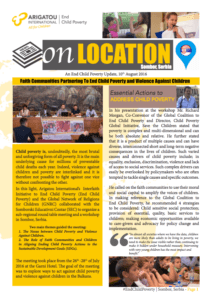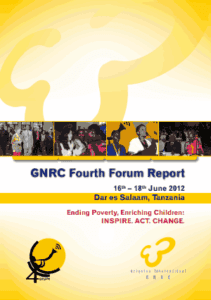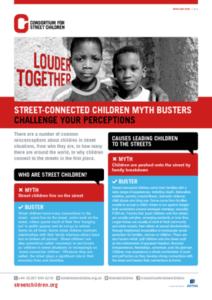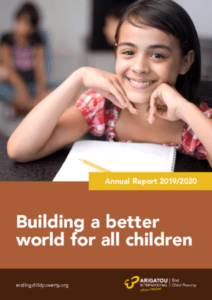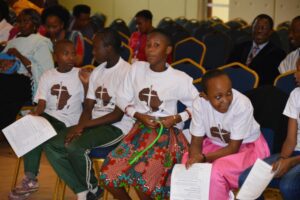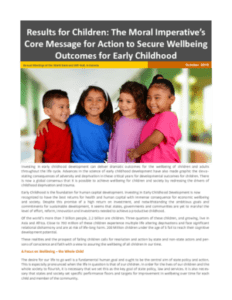
Results for Children: Securing the Well-being Outcomes for Early Childhood
Investing in early childhood development can deliver dramatic outcomes for the well being of children and adults throughout the life cycle. Advances in the science of early childhood development have also made graphic the devastating consequences of adversity and deprivation in these critical years for development goals. There is now a global consensus that it is possible to achieve well being for children and society by redressing the drivers of childhood deprivation and trauma. The resourcefulness of faith, and the assets and services of faith institutions are critical to the wellbeing outcomes of millions of children, and especially those at risk and thus vulnerable to adversity. Faced with adversity, millions of children, families and communities have come to rely on this resourcefulness to grow their resilience.
